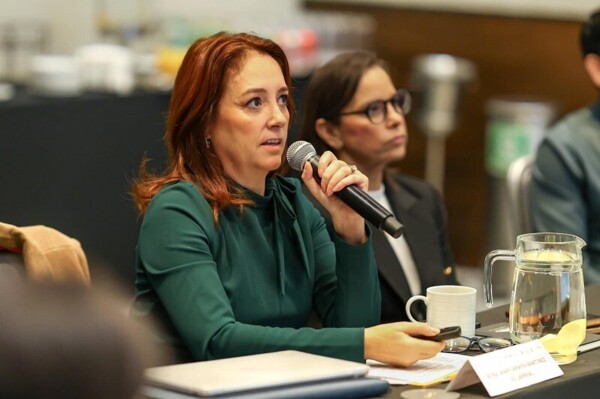Artificial intelligence systems are inherently non-deterministic, meaning their outcome may vary despite receiving the same input. In this context, collaboration between universities and companies becomes crucial to learning and applying AI effectively, ensuring its benefits in the short and long term.
It is essential to identify ways to accelerate and synchronize the implementation of AI, such as networking and working in multidisciplinary teams. Collaboration in business networks, inter-university networks, and at national and international levels, along with industry participation in academic environments, is fundamental.
AI has a dual purpose: to improve efficiency in various activities and to enhance human skills. It is vital to humanize this technology so that it integrates naturally into our daily lives. This involves organizational transformation, employee training, and the education of future leaders, such as university students.
Aside from the use of tools, universities should integrate AI into their disciplines and promote collaboration with companies to address real problems. Successful implementation of AI requires evolution in various aspects of our lives, with leadership focusing on humanization and the potential of technology being key.
AI is transforming education and business, so it is necessary to prepare to lead this change towards an innovative and human future. The author, Associate Academic Dean of the Business School at Tecnológico de Monterrey, emphasizes the importance of adapting and leading this process of change.
AI challenges us to learn new ways of generating knowledge, incorporating existing knowledge both personally and organizationally. Despite its rapid evolution, it is possible to understand and apply AI effectively with formal instruction and a critical and ethical vision.
The incorporation of AI in student training is crucial, considering that many companies will adopt this technology in the next decade. Collaboration with the business sector is fundamental to achieving a homogeneous transformation in society through higher education.
In summary, the arrival of artificial intelligence represents a profound change in how we approach processes, fostering interconnection and networking. It is essential to work in a coordinated and focused manner on the integration of AI in all areas of life to effectively leverage its potential.














